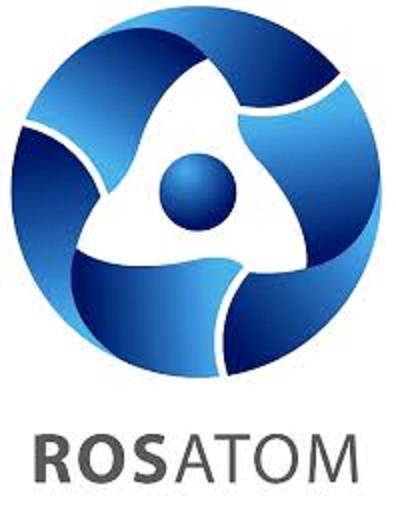I have blogged before about the international competition to sell nuclear reactors and nuclear technologies. The U.S., France, Russia, China, Japan and South Korea all hope to profit from the rising global market for nuclear power. One aspect of this market is a push to sell nuclear reactors to developing nations looking to expand their economies and their people's access to electricity.
Russia has been moving aggressively in the Middle East to sell power reactors to countries there. Rosatom is a nuclear company owned by the Russian Government. They recently opened an office in Dubai, the United Arab Emirates. Rosatom has nuclear projects in Egypt, Iran, Jordan and Turkey. The new office is going to coordinate all these projects.
There have been a lot of requests for nuclear project bids from M.E. countries in the past few years. A lot of nuclear cooperation agreements have been signed between M.E. countries and nations that are exporting nuclear technology. Russia has been very aggressive and innovative in its nuclear export market promotions to exploit this M.E. interest in nuclear power. The Russian approach is to offer to build, own, fuel, staff, operate nuclear power reactors in client nations. For countries without any nuclear expertise, such as many M.E. countries, this model is especially attractive. The customers get nuclear power without a lot of the pain and cost involved in developing an domestic nuclear industry. Russia gets steady business for Russian nuclear technology companies.
There are six countries in the M.E. that are currently involved in developing nuclear power capabilities. Iran was the first M.E. country to build and operate a nuclear reactors. They intend to expand their nuclear capability with plans for eight more nuclear reactors built with Russian assistance. The recent international deal with Iran over nuclear weapons issues allows Iran to build and operate nuclear power reactors. Iran's competitors in the area, Saudi Arabia and the U.A.E. began working on nuclear power projects a few years ago. They need to expand power generation and the new reactors would also be status symbols that would counter Iran's current nuclear power dominance in the area.
The U.A.E. will have its first nuclear power reactor in operation by 2017. Russia and Egypt have just signed a deal for new nuclear reactors. Russia will loan Egypt twenty five billion dollars to cover eighty five percent of the cost of building four new nuclear power reactors in Egypt. Russia is expected to have new reactors in Turkey by 2020 and Jordan by 2025.
One big problem for Russian nuclear marketing in the M.E. is the fact that support of Russia for the regime of Bashar Assad in Syria has angered some M.E. countries and reduced their interest in doing business with Russia. The downing of a Russian fighter by Turkey's air force threatened to shut down the Russian-Turkey nuclear project.
One of my concerns about this Russian nuclear power push is the fact that if one country controls another country's access to electricity generation, that gives the first country a lot of influence over the second country with respect to international affairs. We have already seen this when Russia has shut off gas, oil and/or natural gas to European countries in an attempt to coerce their behavior. M.E. countries would be well advised to keep this in mind when attracted by the great deals that Russia is offering.
Time will tell how successful the Russian marketing of nuclear power in the M.E. will turn out to be. There are a lot of economic, political, and military conflicts that will make the nuclear business in the M.E. very complicated and difficult.
